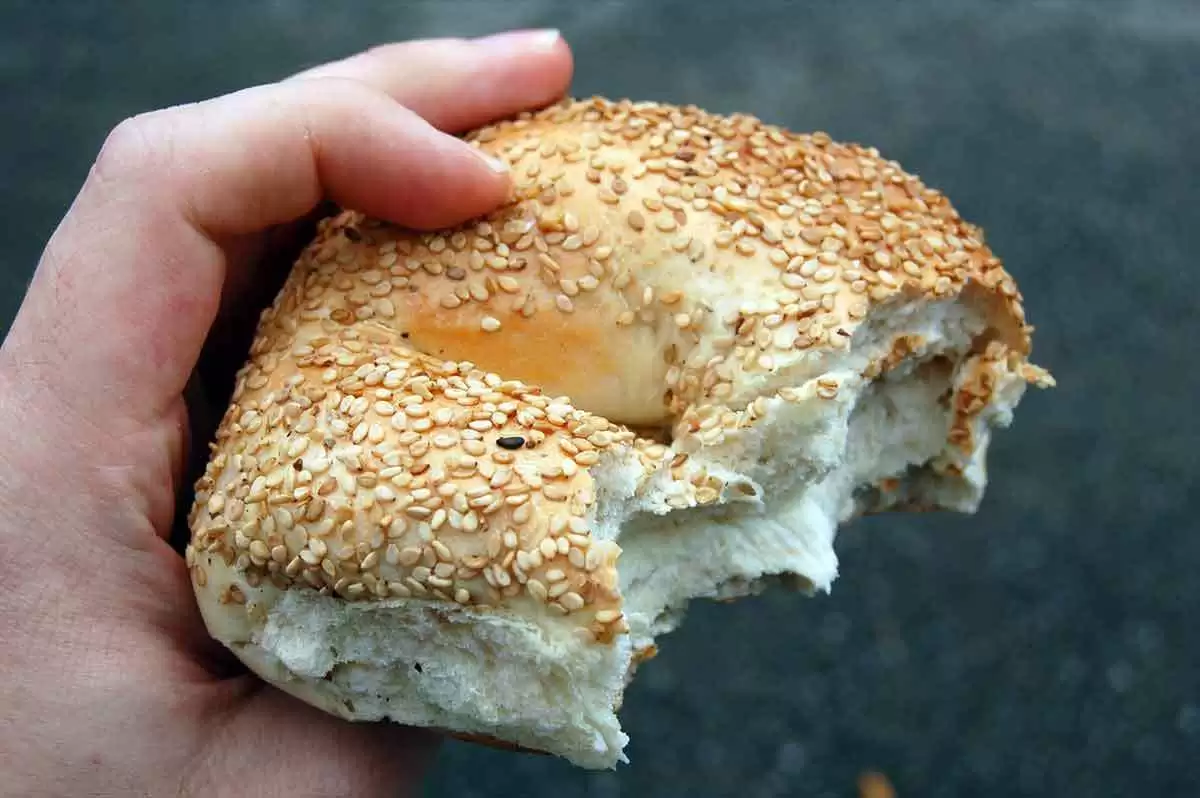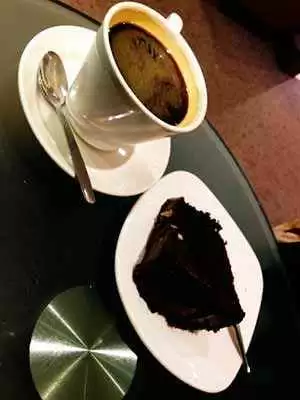Celiac.com 01/03/2009 - Recently on a gluten-free forum, I found a post asking for advice on what to do after a woman had accidentally consumed a large amount of gluten. After unknowingly eating from her daughter’s takeout box, the woman had realized her mistake and was simply devastated to have broken her diet and subjected herself to the old, too-familiar symptoms that were on their way.
It was interesting reading the various responses, which resulted in a debate over whether or not to induce vomiting, drink pineapple juice, take enzymes or engage in a certain illegal activity. In all the debate, the woman eventually disappeared off the forum, which probably meant that she took some action or another, though I never heard the final result.
Celiac.com Sponsor (A12):
This whole subject inspired some research on my part. I first consulted my extensive gluten-free library, which led me to one solitary, repetitive answer: do not eat gluten. In a world where doctors and authors alike are so concerned that their advice on the subject will lead people with gluten sensitivities to forgo a gluten-free diet in favor of a “band aid” of sorts, that finding a documented recommendation is near impossible.
These experts are right to reinforce the importance of maintaining a gluten free lifestyle, and the fact that there is no “cure” for gluten intolerance and celiac disease (other than complete avoidance of gluten from wheat, barley and rye). But mistakes do happen, and from time to time people do get "glutened,” and when they do, which action is best?
No matter what the size is of the offending dose of gluten, all experts agree, inducing vomiting is too dangerous and disruptive to the body to be considered. But there is one option that at least two noted experts in field of celiac research agree upon: enzymes.
When I contacted the renowned Dr. Kenneth Fine of EnteroLab, and asked him if perhaps a dose of enzymes that are designed to break down gluten might help, he had this to say: “The good news is that everyone will survive and recover from the gluten exposure. The enzymes you mention might help, but not completely, unless they consumed at the same time (as the gluten) for best results.” And like all good doctors, he did go on to warn, “Avoidance is still the best policy.”
Shari Lieberman, PhD, CNS, FACN and author of The Gluten Connection very humbly admits that “gluten slips happen.” She also devotes a couple of pages in her book to research conducted using digestive enzymes to help manage those occasions when gluten does make its way into your diet, citing a research example in which “The study demonstrates that enzyme therapy can substantially minimize symptoms in people with celiac disease who are exposed to gluten.”
The enzyme used in this study does not seem to be currently available, but other gluten enzymes are at your local health food store. I contacted one company in regard to their product, which according to them helps to reduce inflammation caused by the introduction of gluten in an individual with celiac disease or gluten intolerance. According to them their enzymes will not prevent all damage, but may reduce some inflammation and help the body to better digest the protein.
Ultimately, gluten sensitive individuals should recover from one accidental “gluten slip” here and there, and keeping some digestive enzymes handy to help cope with such an accident is not a bad idea. But do keep in mind that repeated offenses, even the most minute, will damage your body and prevent it from healing. Enzymes help treat the symptoms, but only complete avoidance of gluten can treat the disease.









Recommended Comments